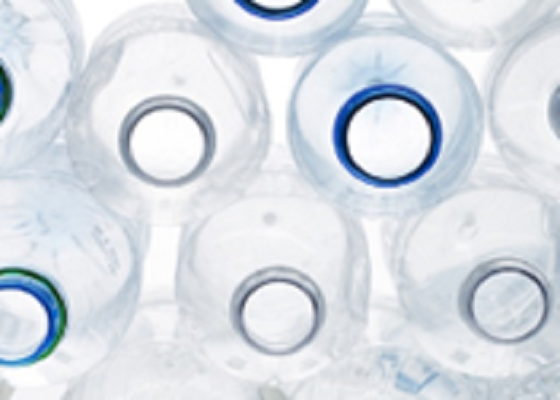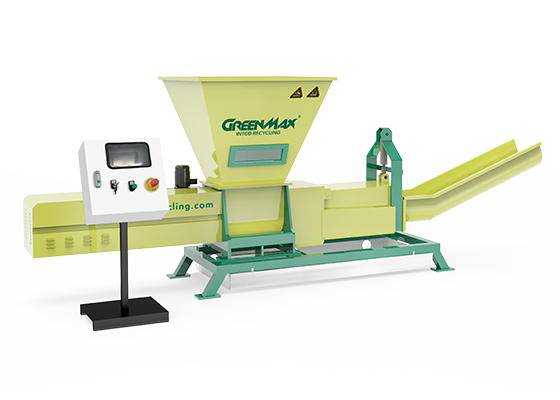Bottles dewater will make outstanding contributions to environmental protection and alleviating resource scarcity
Raw material shortages are getting worse, and as consumption rises, the gap between supply and demand gets greater. There could be a material scarcity for a variety of causes. Some things we can control, while others are just out of our hands. Especially in the plastic industry, plastic is a non-degradable but recyclable material, especially the recycling of PET plastic has become a waste recycling project with high popularity and feasibility. PET has become one of the most widely used plastics recognized in the world. If it can be recycled and reused, it will not only achieve environmental protection, but also realize the recycling of resources.

To be transported to a facility for recycling plastic, plastic bottles are separated and baled. The bottles are separated into clear and green bottles there after the bales have been torn apart. The bottle is then reduced to plastic flakes or pellets by being fed into a shredder or grinder once the plastic has been separated. In the whole recycling process, we need to use bottles dewater, which is a kind of equipment to empty the liquid in PET plastic bottles, and it is also an essential equipment in the recycling process. The bottles dewater produced by GREENMAX, a machinery company under INTCO Recycling, has helped many companies carry out PET recycling, including the recycling of expired bottled beverages in beverage factories, and the packaging of PET waste bottles produced by recycling stations. Of course, bottles dewater is not limited to recycling PET, but also Aluminum cans and cosmetic bottles can be recycled. Among them, Nestle, L'Oreal, and Pepsi are all our partners.

The main purpose of putting PET plastic bottles into the bottles dewater is to squeeze out the residual liquid in the bottle, and then the liquid will be collected in the tray at the bottom of the equipment. The compressed PET bottle not only has no residual liquid, but the volume It also becomes smaller, which facilitates subsequent recycling. Bottles treated with bottles dewater also need to be delabeled, then broken and washed, and finally reused to make new plastic products.
